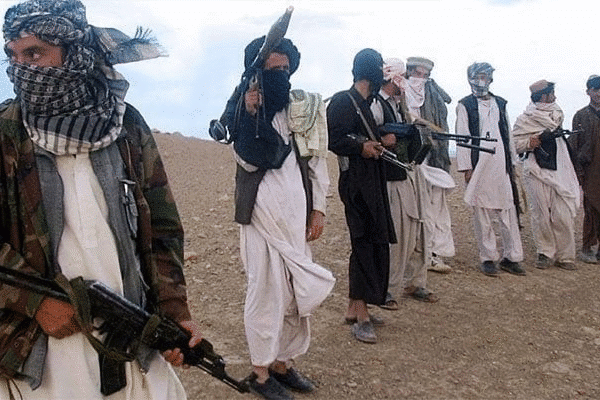
A Tactical Asset in RAW’s Hybrid War Against Pakistan
In recent years, Pakistan has encountered a complex security environment marked by external hostility and internal turmoil. One of the…

In recent years, Pakistan has encountered a complex security environment marked by external hostility and internal turmoil. One of the…
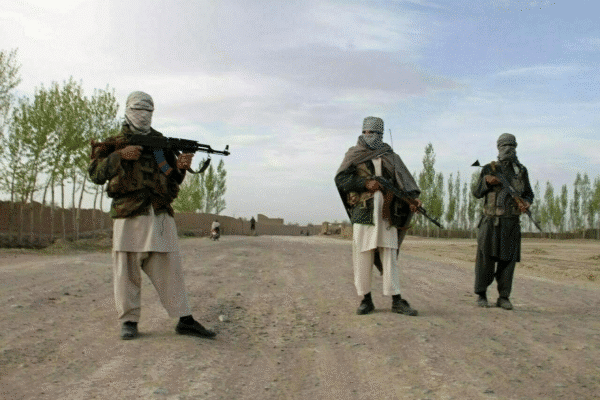
Violence, when disguised as religious rhetoric, becomes one of the most significant deceptions of our era. This is particularly accurate…
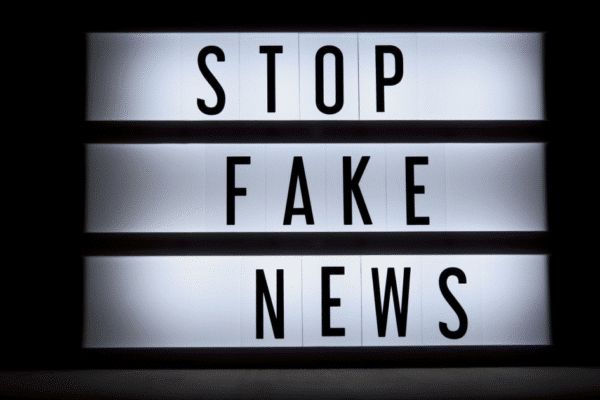
In recent years, Indian media has under heightened attention for its role in disseminating misinformation, particularly with narratives related to…
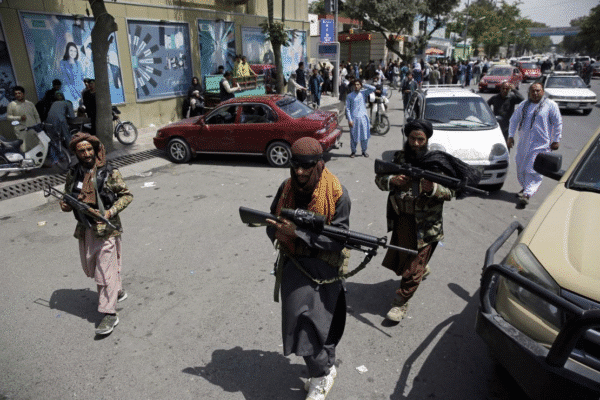
Afghanistan has long been a crucible of instability, but under Taliban rule, it has evolved into a full-fledged epicentre of…

India’s recent actions following the Pahalgam incident have raised serious humanitarian concerns and drawn condemnation for what appears to be…
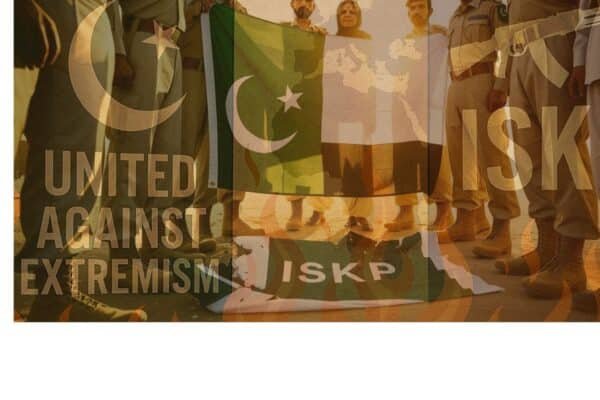
In the face of growing threats from violent extremist groups, Pakistan has once again demonstrated its unshakeable resolve to protect…

In recent times, the statements issued by Tehrik-i-Taliban Pakistan (TTP) have pulled back the curtain on the darker realities of…

There is a classic fable of the young lamb and the hungry wolf, which highlights how sinister motives are masked…
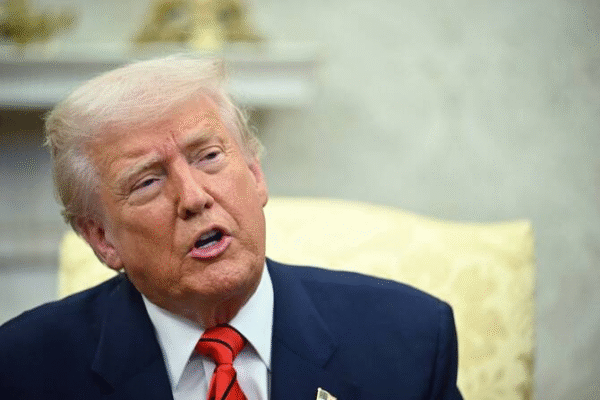
Donald Trump’s political resurrection, commonly termed “Trump 2.0,” signifies not only a prospective second term for the former U.S. president…
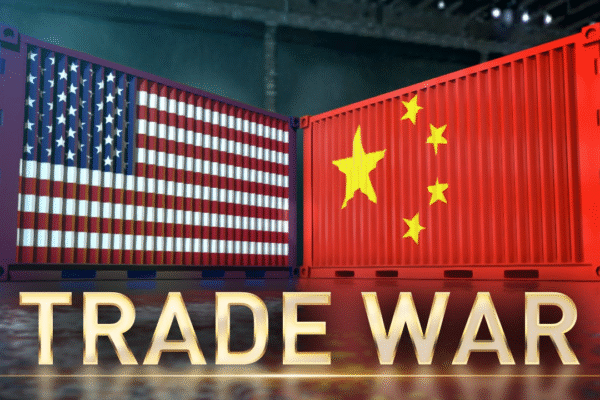
The Belt and Road Initiative (BRI), initiated by China in 2013 under President Xi Jinping, was originally designed as an…